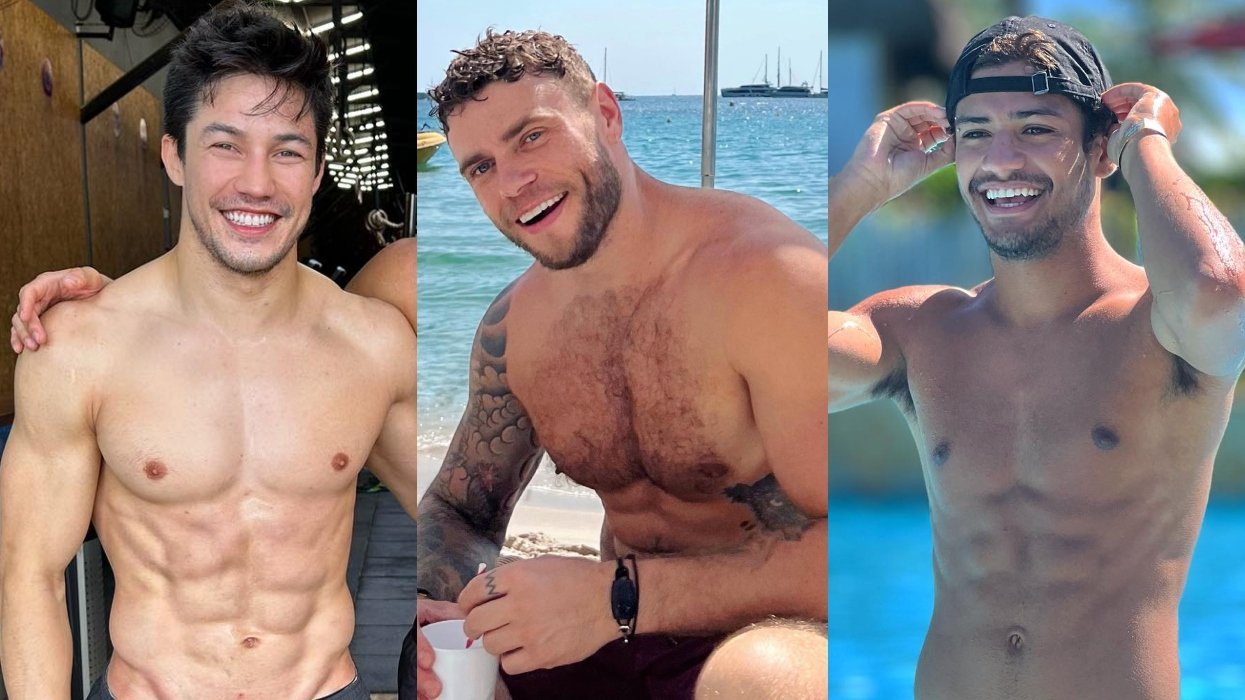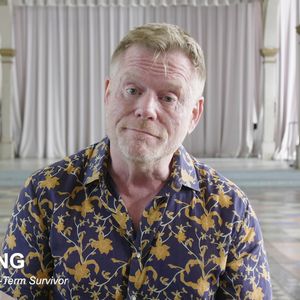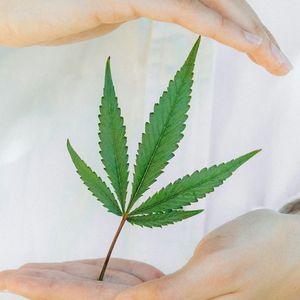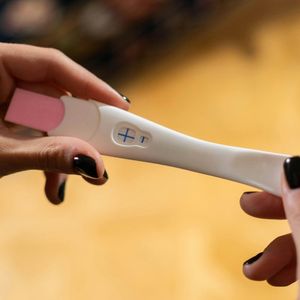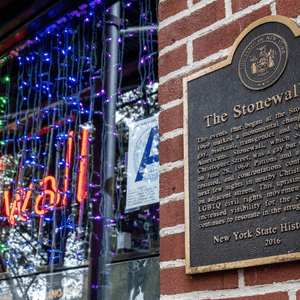Having just one adult LGBTQ+ role model in their lives can boost queer youth's emotional strength and self-esteem, a new report has found.
Two-thirds of LGBTQ+ young people (67 percent) report having at least one older LGBTQ+ adult role model in their day-to-day lives, according to a recent survey from The Trevor Project, which researchers found is associated with higher levels of self-reported life purpose.
Of those who reported have a queer adult to look up to, 40 percent had a friend or family member as their role model, 12 percent said a community member, 13 percent reported a school professional, and 4 percent said a medical professional.
LGBTQ+ youth of color were slightly less likely to report having at least one older LGBTQ+ adult role model in their lives compared to their White LGBTQ+ peers, at 66 percent ad 68 percent respectively. However, multiracial queer youth were the most likely to have an older LGBTQ+ adult role model in their lives at 69 percent.
Having at least one older LGBTQ+ adult role model was associated with higher levels of self-reported life purpose, including lower rates of considering suicide, attempting suicide, and self-harm in the past year. Those who reported knowing “no one” as an older LGBTQ+ adult role model were not associated with any "significant differences" in self-reported life purpose.
Past studies have found that LGBTQ+ young people who lack older queer role models may then consider public figures or celebrities to be role models. While 60 percent of LGBTQ+ youth reported having a role model in a 2012 study, 60 percent of those role models were “inaccessible,” meaning they were figures who were not actually present in the young person’s daily life.
The Trevor Project report found that today, most LGBTQ+ youth report having at least one older LGBTQ+ adult role model in their day-to-day lives, but that there is a "need for more opportunities for LGBTQ+ young people to connect with LGBTQ+ adults."
"School and medical professionals who are out about their LGBTQ+ identities are an important source of role models for LGBTQ+ young people," the report states. "Legislation should not seek to limit these professionals’ ability to share their identity with others at work."












